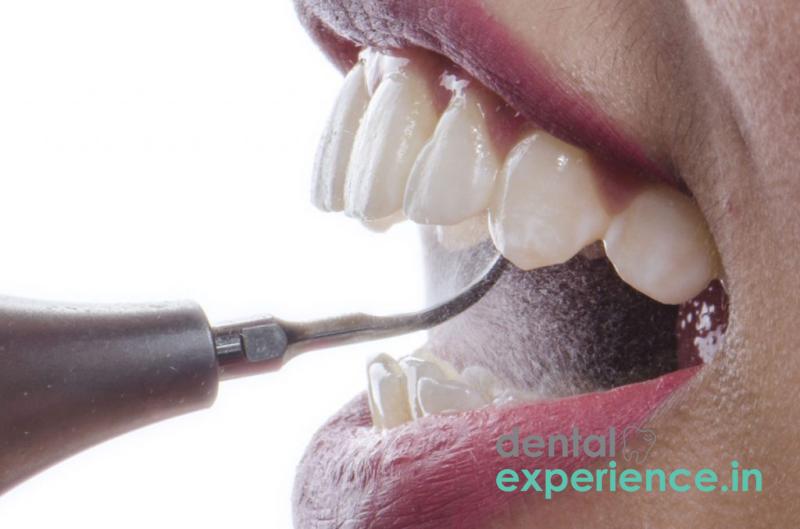You may have had a dental crown fitted in the past but what you may not know is whatever material they are made fr ..
Scaling and Polishing (Cleaning)
Introduction | Purpose | Ideal Patients | Types | Treatment Steps | Benefits | Advantages | Durability | Treatment Time | Cost | Risk & Complications | Disadvantages | Alternatives | Aftercare |
Fast facts

Professional teeth-cleaning involves “scaling and polishing” your teeth: The dentist removes plaque and tartar, as well as stains from coffee, black tea or smoking.
You can sometimes feel plaque when you run your tongue over your teeth: The surface of the teeth might feel “furry” or rough. You can remove plaque yourself by regularly and thoroughly brushing your teeth and cleaning the gaps between your teeth.
If plaque isn’t removed properly, it can turn into a hard substance known as tartar (calculus). Tartar can only be removed by a dental professional.
